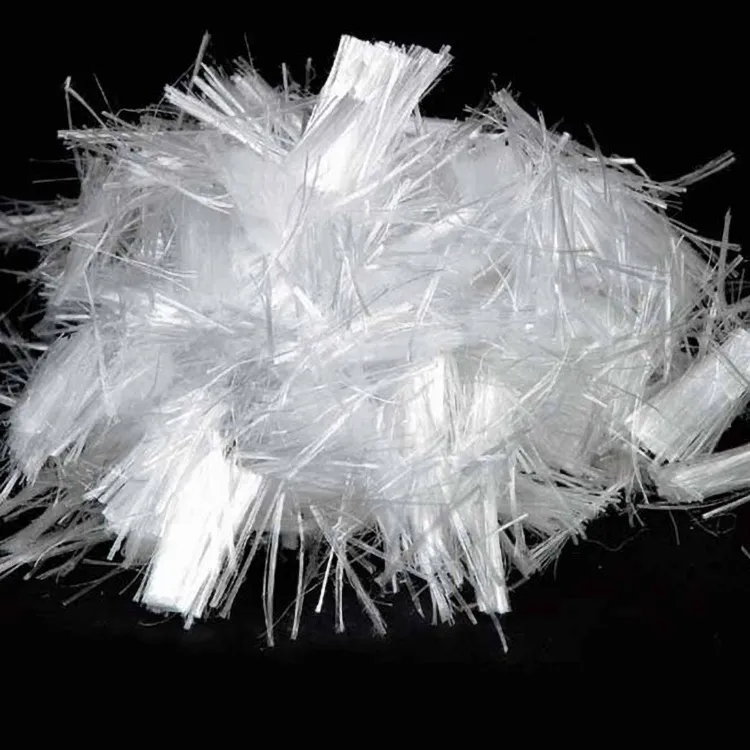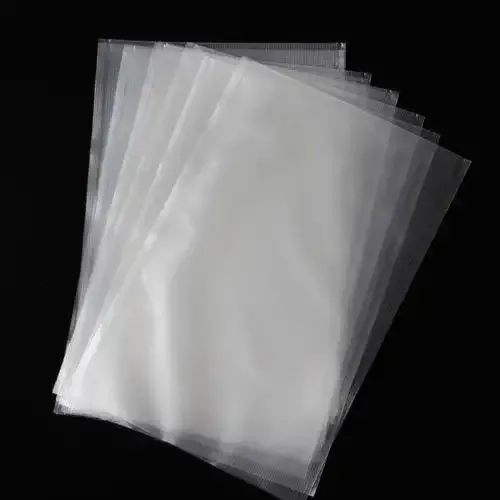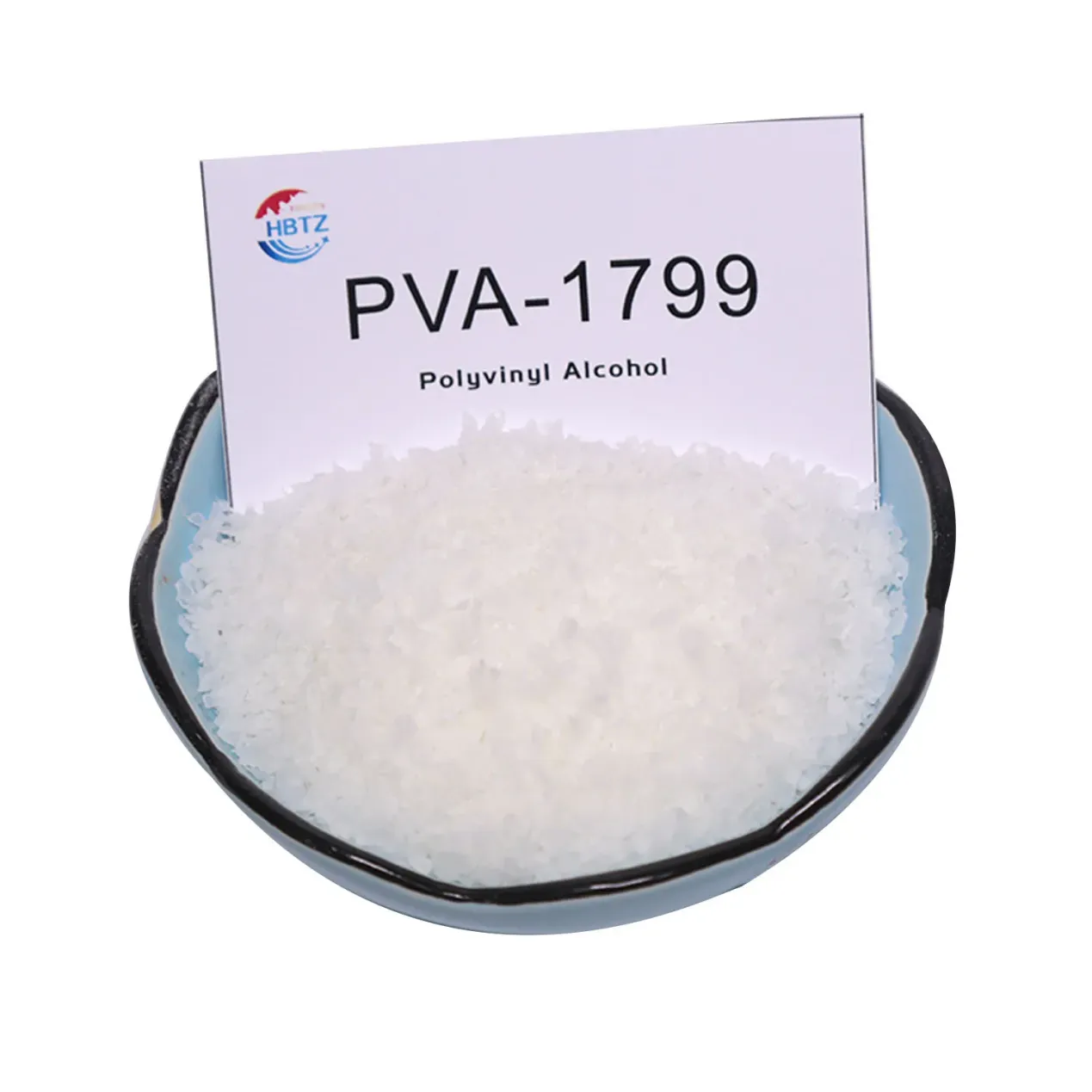
Polyvinyl Alcohol and Polypropylene Fiber: Applications in Modern Construction
Polyvinyl alcohol (PVA) is a versatile polymer widely used in construction, industrial applications, and packaging. Its unique properties, such as excellent adhesion, water solubility, and film-forming capabilities, make it indispensable for enhancing cement, mortar, and surface finishes. Combined with polypropylene fiber, PVA significantly improves the durability, flexibility, and water resistance of concrete and plastered surfaces.
This article explores the various forms of PVA, including polyvinyl alcohol powder, PVA plastic, and BP26 PVA, as well as practical applications such as adding PVA to cement, PVA before plastering, and exterior PVA for rendering.

PVA Types and Applications
Construction and Cement Applications
PVA for sale is available in multiple forms, including polyvinyl alcohol powder, polyviny alcohol, and BP26 PVA, suitable for different construction needs. The polymer is used to enhance adhesion, water retention, and crack resistance in cement and mortar applications.
Additio PVA ad cemento improves tensile strength, reduces shrinkage, and increases durability.
Adding PVA to mortar enhances workability and bonding performance, making plastering and rendering more efficient.
PVA and cement mixtures are widely applied in floors, walls, and masonry repairs.
General purpose PVA is suitable for interior applications, while exterior waterproof PVA and exterior PVA for rendering are designed for outdoor surfaces to resist moisture and environmental wear.
Other PVA applications in construction include:
PVA before plastering or PVA before render to enhance adhesion of plaster and render layers.
PVA after plastering as a protective coating to prevent moisture penetration.
PVA before painting ensures smooth surfaces and improved paint adhesion.
Using PVA additive and PVA material allows contractors to optimize performance for different types of cement and mortar, creating long-lasting and high-quality surfaces.

Polypropylene Fiber Reinforcement
Polypropylene fiber or PP fiber is commonly incorporated into concrete to improve crack resistance, toughness, and impact durability. When mixed with cementitious materials, PP fiber concrete enhances structural performance and minimizes shrinkage-related cracking.
Polypropylene fibers for concrete are widely used in:
Industrial floors and pavements.
Precast concrete elements.
Mortar mixes combined with PVA to improve flexibility and bonding.
By combining PVA and polypropylene fiber, builders achieve superior adhesion, water resistance, and mechanical strength in both interior and exterior applications.
Other PVA-related construction materials include PVA board, which is used for formwork and decorative panels, and PVA plastic bags, which are biodegradable and useful for packaging water-soluble construction materials.

Safety, Solubility, and Industrial Considerations
Polyvinyl Alcohol Properties and Solubility
Polyvinyl alcohol plastic, PVOH plastic, and PVA plastic are versatile forms of PVA used for coatings, adhesives, and film-forming applications. The solubility of PVA in water is an essential property for preparing solutions that can be applied to cement, mortar, or wood surfaces.
Polyvinyl alcohol MSDS or MSDS of polyvinyl alcohol provide information on safe handling, storage, and emergency measures.
PVA solution is typically prepared from polyvinyl alcohol powder and applied as a bonding agent or primer.
The solubility and chemical stability of PVA make it suitable for PVA automation in industrial processes, such as automated coating, adhesive dispensing, or mixing systems.
Understanding PVA properties ensures optimal application in both construction and industrial contexts. Polyvinyl alcohol adhesive is used in woodworking, furniture making, and other industries where strong, flexible bonds are required.
Practical Applications
PVA before plastering: Enhances adhesion of plaster to walls or ceilings.
PVA before render: Improves bonding between render layers and masonry surfaces.
PVA before painting: Prepares surfaces for smooth and durable paint finishes.
Exterior PVA for rendering: Provides water resistance and protects outdoor walls from environmental damage.
PVA in cement and mortar: Strengthens concrete, reduces cracking, and improves flexibility.
Using the right type of PVA material for each application ensures the best performance, whether in interior wall plastering, exterior rendering, or industrial manufacturing.
Conclusion
Polyvinyl alcohol for sale is a versatile material available in forms such as polyvinyl alcohol powder, PVA plastic, BP26 PVA, and general purpose PVA. Its applications range from adding PVA to cement and adding PVA to mortar to PVA for wood and PVA before plastering. Combined with polypropylene fiber, PVA enhances concrete durability, crack resistance, and flexibility, making it indispensable in modern construction.
Whether used as exterior waterproof PVA, PVA additive, or polyvinyl alcohol adhesive, understanding its properties, solubility, and safe handling according to polyvinyl alcohol MSDS ensures efficient and high-quality applications. Proper use of PVA solution, powder PVA, and PVA boards allows contractors and industrial manufacturers to achieve durable, resilient, and aesthetically pleasing results.
FAQs About PVA and Polypropylene Fiber
1. What are the benefits of adding PVA to cement?
Additio PVA ad cemento improves tensile strength, reduces shrinkage, and enhances durability, making concrete more flexible and crack-resistant.
2. How does PVA for wood work?
PVA for wood acts as a strong adhesive, forming flexible films that bond joints, laminates, and surfaces, ensuring long-lasting furniture and wood finishes.
3. Can PP fiber concrete reduce cracking?
Yes. Polypropylene fibers for concrete reinforce the cement matrix, minimize shrinkage-related cracking, and improve impact resistance and toughness.
4. What is the purpose of exterior waterproof PVA?
Exterior waterproof PVA is applied to outdoor surfaces, including walls and render, to provide moisture resistance and protect against environmental damage.
5. Where can I find safety information for PVA?
The polyvinyl alcohol MSDS or MSDS of polyvinyl alcohol provide guidelines for safe handling, storage, and first aid, ensuring proper use in construction and industrial settings.
-
Hydroxypropyl Starch as a Sustainable Construction AdditiveNewsNov.24,2025
-
The Gelation Properties of CMCNewsNov.21,2025
-
Redispersible Latex Powder and Water Retention CapacityNewsNov.21,2025
-
Dosage Control for Polycarboxylate Water ReducerNewsNov.21,2025
-
Film-Forming Properties of Polyvinyl AlcoholNewsNov.21,2025
-
The Function of Gypsum Additives in MortarNewsNov.21,2025





















